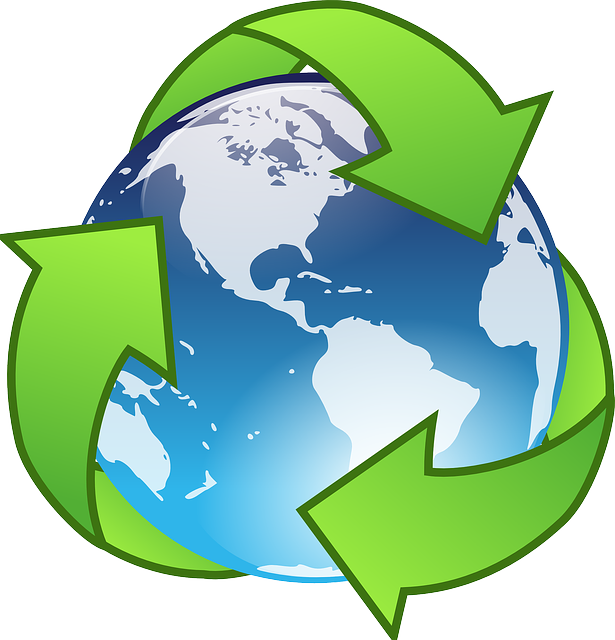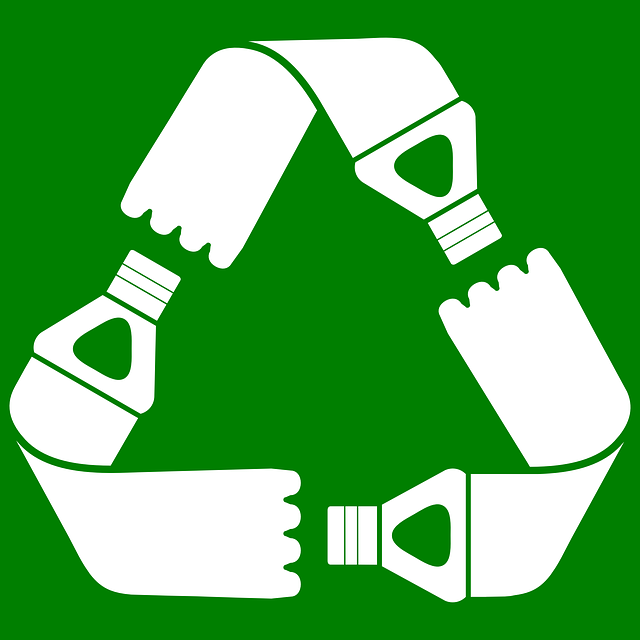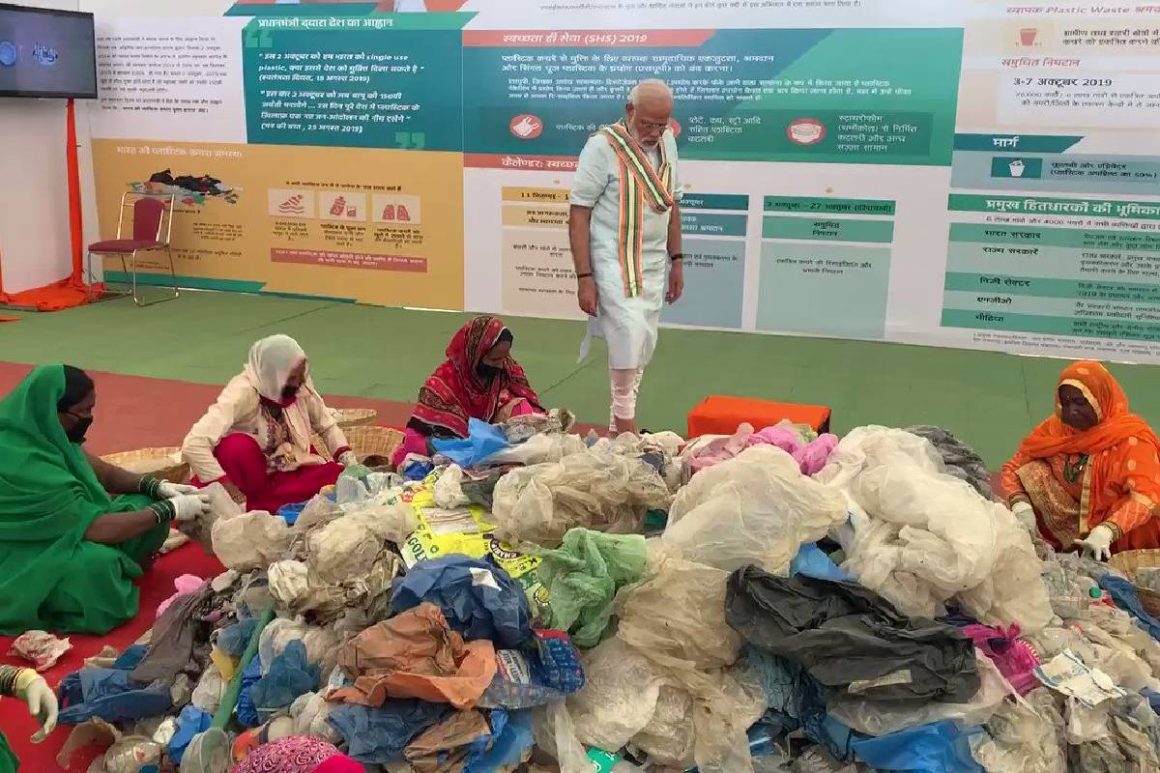Table of Contents
PM modi india happy to join single-use plastic
rajkotupdates.news: pm modi india happy to join single use plastics. We now live in a world where plastic products are ubiquitous. Plastic has permeated every area of our lives, from toys to technology, packaging to cutlery. But the environmental cost of this convenience is significant.
A substantial threat to our world and its inhabitants is posed by single-use plastic, which has been identified as a significant source of plastic pollution.
Recent years have seen a substantial increase in awareness of the problem of single-use plastic in India, with Prime Minister Narendra Modi playing a pivotal role in doing so. You can also check on the news through rajkotupdates.news: pm modi india happy to join single use plastics and also in hindi rajkotupdates न्यूज़ पीएम मोदी इंडिया हैप्पी टू जॉइन सिंगल यूज प्लास्टिक
PM Modi stated that “the time has come for even the world to say goodbye to single-use plastic” when announcing India’s resolve to decrease its use of single-use plastic. PM Narendra Modi says India is Happy to Join with France For Single-Use Plastic
India and France have realized how crucial it is to reduce plastic waste. France announced a ban on single-use plastics on 1 July 2022, and India began a nationwide drive to decrease single-use plastics in 2018.
These two nations may lead in developing a worldwide strategy to deal with this urgent issue by working together. Keep reading To find out more about this initiative.
What is Single Use Plastic?
Products made of plastic that are supposed to be used just once before being discarded are called single-use plastic or use of polythene. These include throwaway plastic products, including plastic bags, straws, utensils, bottles, packaging, and other items.
Because single-use plastics are not biodegradable and can take hundreds of years to decompose, they frequently end up in landfills, seas, and other natural ecosystems, so say no to single-use plastic and polythene bags.
They are a significant source of plastic pollution. Single-use plastics manufacturing and consumption have serious adverse effects on the environment and human health, prompting calls for their usage to be curtailed or stopped.
What is the Need to Put a Ban on Single-use Plastic?

Single-use Plastic has various negative impacts and also, many people have written or conducted competitions on the of Ban on Plastic Essay and plastic ban poster program. Some of which also include the following:
1 . Impact on the Environment

Plastic trash has a tremendous negative influence on the environment. It takes more than a hundred years for the plastic to disintegrate, and during that time, harmful compounds are released that can contaminate our soil, air, and water. The consequences for ecosystems and species can be catastrophic.
2. Health Hazards
Chemicals that can harm human health are frequently used to make plastics. These substances have the potential to contaminate food and water supplies and result in a variety of health consequences, including cancer, hormone disruption, and developmental disorders.
3. Depletion of Fossil Fuels

Many fossil fuels, which are non-renewable resources, are needed to produce plastic. The cost of making plastic will rise as these resources become more scarce, raising consumer prices.
Several functional and environmentally friendly alternatives to plastic are readily available. For instance, the use of plastic diminishe by the availability and repeated use of reusable bags, containers, and utensils. We can save the environment, our health, and our financial security by reducing the use of plastic.
About One Ocean Summit
A global initiative called the One Ocean Summit dedicates to defending and safeguarding the oceans. The summit brings together world leaders to discuss ocean problems and create solutions.
It made clear the urgency of protecting the ocean, which is struggling to survive due to several issues like overfishing, plastic pollution, climate change, and ocean acidification. The summit attendees decided on many initiatives to solve these problems, such as increased financial support for science and technology, enhanced fisheries management, and the creation of fresh, sustainable business models.
PM Modi Announces India to Join France to Eliminate the Global Issue of Single-use Plastic
Today, India will be glad to join France in launching a worldwide initiative against single-use plastic, Prime Minister Narendra Modi said on Friday, noting that the country committed to doing so. In a video message to the summit’s high-level gathering, Modi made the comments.
India recently launched a national awareness drive to clear coastal areas of plastic and other trash. Nearly 13 tonnes of plastic garbage gathered by 3 lakh young people.
India has instructed its Navy to dedicate 100 ship days to clearing marine debris of plastic this year. The official stated that India would gladly join France in introducing a global campaign against single-use plastics.
India has always been a maritime society, according to PM Modi, and ancient Indian literature and scripture discuss the treasures of the waters, including marine life.
“The oceans play a key role in our economy and security today. One of the main pillars of India’s Indo-Pacific Ocean plan is marine resources. India accepts the French proposal for a partnership with big ambitions on biodiversity outside national borders. This year, we want to have a binding international agreement”.
India dedicate to eradicating single-use plastic, according to the prime minister to check those news click here. The United Nations, the World Bank, and France are working together to host the summit in Brest from February 9–11.
The summit aims to inspire the international community to take concrete steps to protect and promote vibrant, long-lasting ocean ecosystems. Other heads of state and government will also speak at the summit’s high-level session.
Single-use Plastic as Global Issue

Single-use plastic is a problem in many countries, including India. Many nations are trying to reduce single-use plastic usage and harmful adverse environmental effects.
To reduce plastic waste and advance a circular economy, the European Union suggested a ban on single-use plastic items like straws, plates, and cotton buds in 2018.
Some nations in Asia and Africa have banned the use of plastic bags, and more are considering following suit.
Bans on single-use plastic items, such as bags, straws, and utensils, have enacted many American states and towns.
In addition, some businesses have promised to cut back on single-use plastic, with some even promising to stop using it altogether.
The urgency of taking action to solve the issue and the growing awareness of the effects of plastic pollution on the environment have motivated these initiatives.
The global initiative on single-use plastics will bring together governments, corporations, and civil society organizations to discover answers to this issue.
It will emphasize lowering the manufacturing and consumption of single-use plastics, boosting recycling and waste management.


